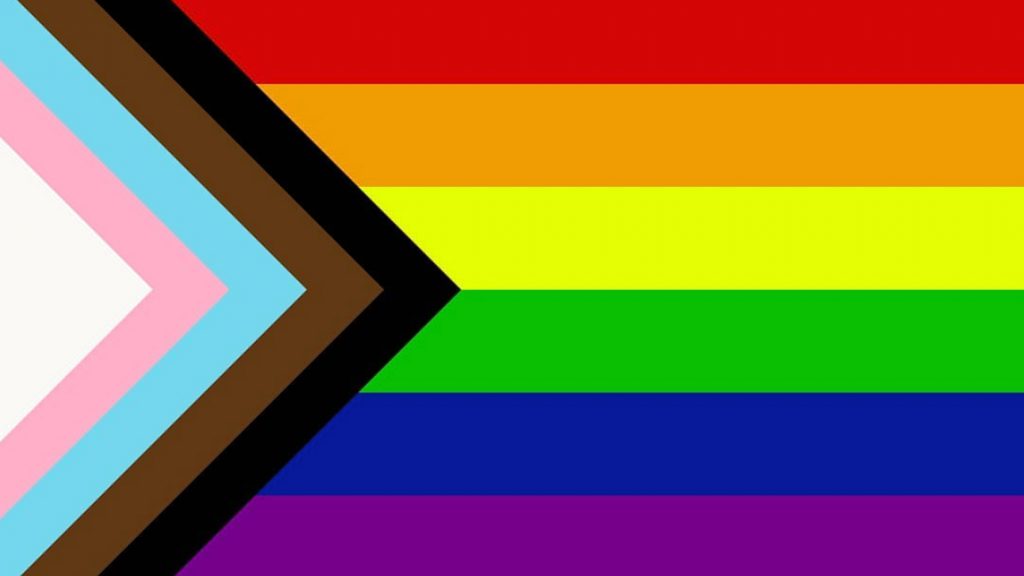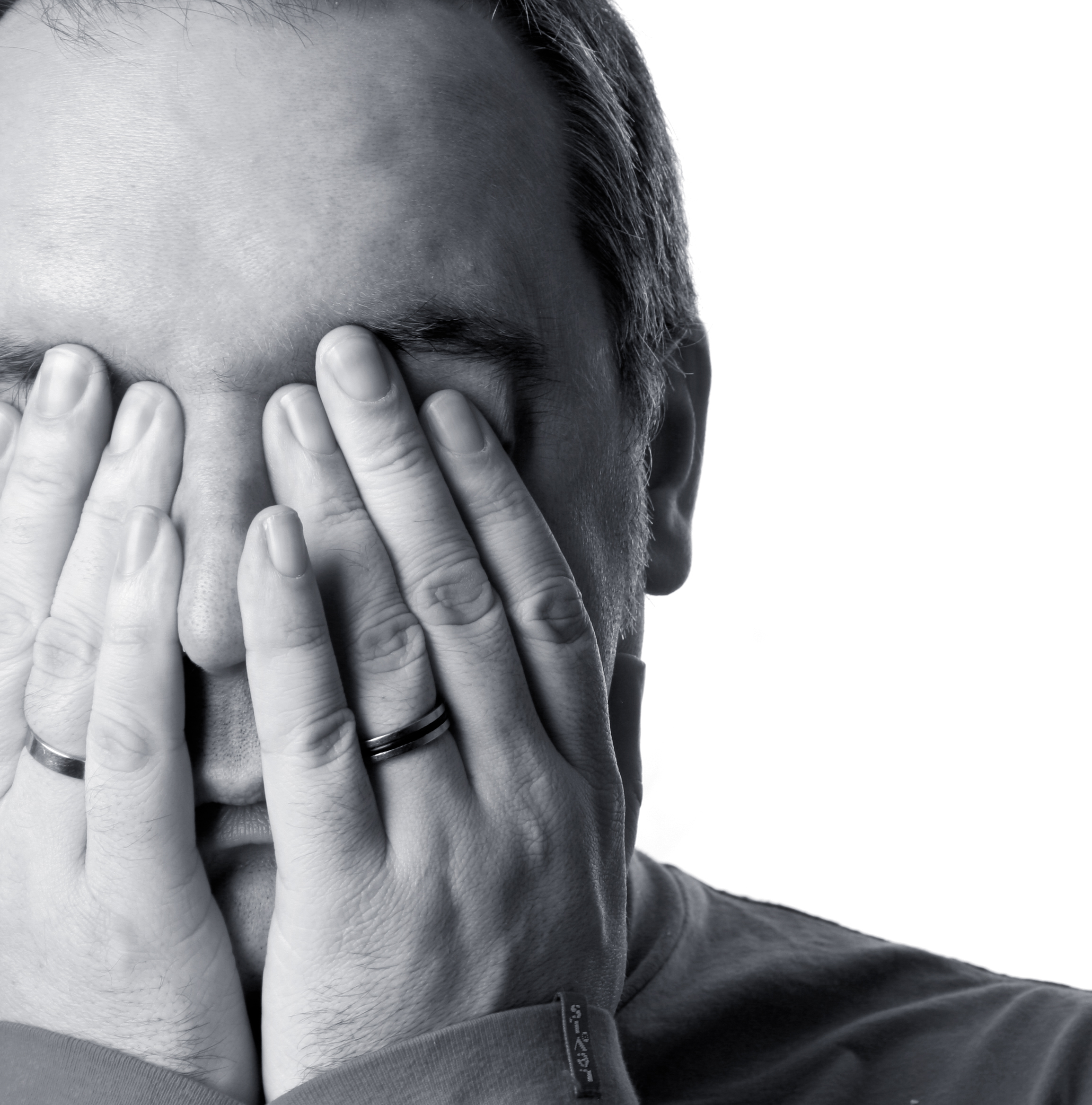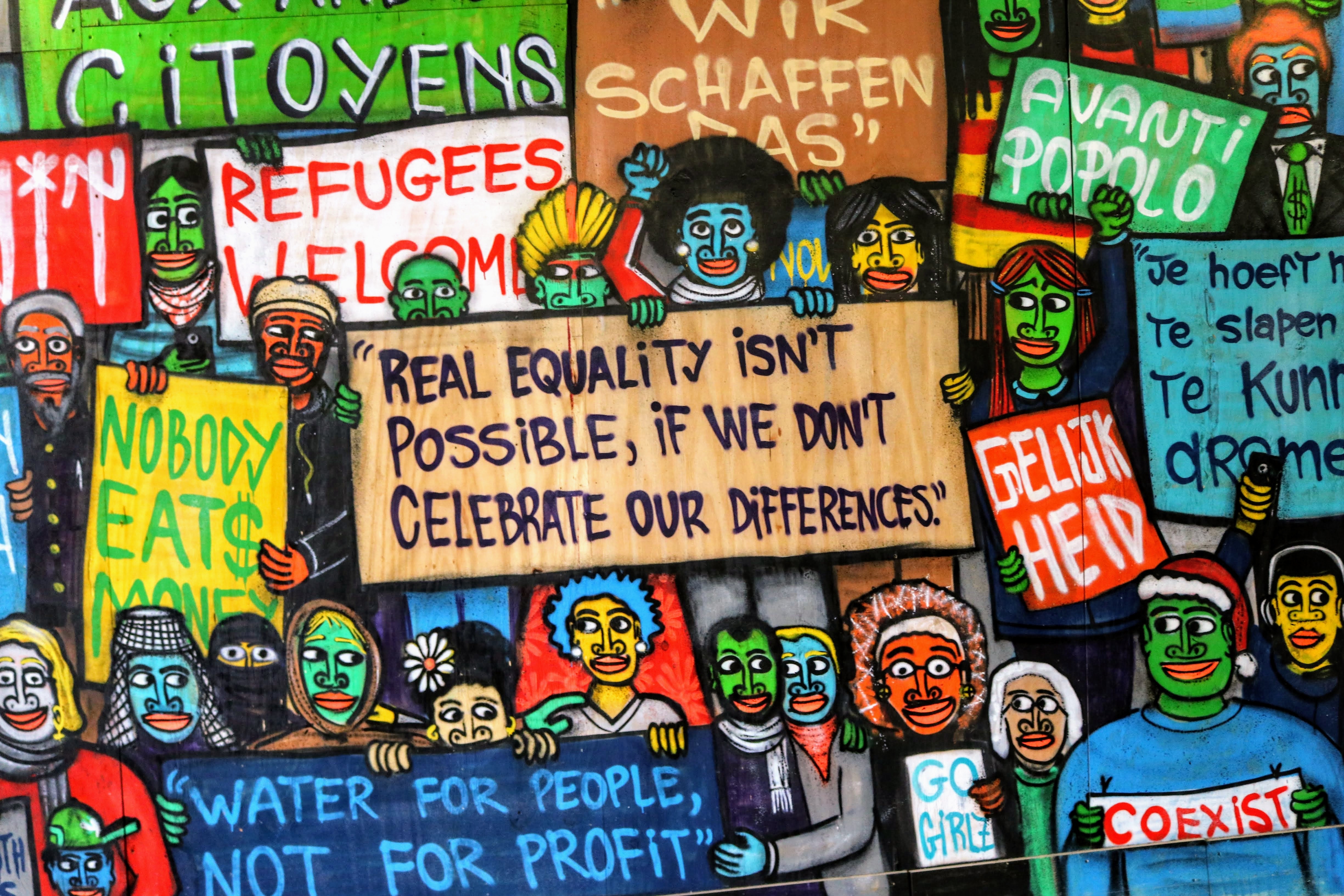Last Updated on October 16, 2024
Lesbian, gay, bisexual, transgender, queer, intersex, and asexual (LGBTQIA) people are members of every community. They are diverse, come from all walks of life, include people of all races and ethnicities, all ages, all socioeconomic statuses, and from all parts of the country. The healthcare needs of LGBTQIA people are sometimes unique and often overlooked, contributing to health disparities experienced by vulnerable populations.
Experts report that LGBTQIA people often avoid seeking out medical care or refrain from “coming out” to their healthcare provider . This compromises an entire community of lesbian, gay, bisexual, transgender, intersex, and asexual people who are at increased risk for several health threats when compared to heterosexual or cisgender peer groups:
- Gay men are at higher risk of HIV and other sexually transmitted infections;
- Lesbians and bisexual women are less likely to get cancer screenings;
- Transgender people are among the least likely to have health insurance along with risks from hormone replacement and atypical cancers;
- Intersex people (people born with reproductive or sexual anatomy that doesn’t fit the binary definitions of female or male) often have trouble finding doctors familiar enough with their bodies to provide appropriate care, or even filling out forms/paperwork with only binary gender options;
- Asexual people (people with little-to-no sexual attraction towards others) commonly have aspects of their care neglected by providers.
The Affordable Care Act (ACA) had helped over 10 million Americans gain insurance during the Obama administration, including many LGBTQIA people. The ACA prohibited health insurance marketplaces from discriminating on the basis of sexual orientation and gender identity. The 2015 Supreme Court ruling of Obergefell v. Hodges recognizing marriage between gay and lesbian couples throughout the United States led to more married couples to access their spouse’s health insurance.
The Trump administration dismantled many protections for equal access to care for LGBTQIA people. Shortly after Trump took office, regulations to ban discrimination in Medicare and Medicaid were stopped and the White House declined to enforce the ACA’s anti-discrimination mandate. Throughout his term, senior advisers for LGBTQIA health were reassigned to less effective positions and questions regarding sexual orientation were removed from federal surveys. Trump himself was accused of orchestrating “an effort to erase LGBTQ people” in the wake of dismissing members of his administration who cited his notable disinterest in helping the HIV/AIDS community
President Biden has reinstated many protections for LGBTQIA people that were removed by the previous administration that made it easier for people to be discriminated against at the workplace, at school, in healthcare, housing, and public life. He ran on a platform of protecting and improving the Affordable Care Act and reopened ACA enrollment to relieve the growing numbers of uninsured patients his first week in office. President Biden has also nominated Dr. Rachel Levine, a transgender woman, for Assistant Secretary of the Department of Health and Human Services (HHS) — breaking down a barrier of transgender representation in a federal agency.
While LGBTQIA people have not been found to be more susceptible to contracting COVID-19, the mental strains of the ongoing pandemic has affected their communities in unique and harmful ways. Some health habits common among LGBTQIA people have raised additional concern among health professionals. LGBTQIA people use tobacco at a rate 50% higher than the general population and COVID-19 often presents as a respiratory illness that has proven especially harmful to smokers. Higher rates of HIV and cancer in the LGBTQIA community mean a larger percentage have a compromised immune system which increases vulnerability to coronavirus infection. As with the general population, LGBTQIA people are encouraged to practice social distancing and wear masks in public to prevent spreading the virus and to get vaccinated as soon as they’re able.
Mental health is a major concern for LGBTQIA people often dealing with physical or emotional abuse, body dysmorphia, depression, or feeling unsafe at school or work, and there are still areas of the United States where finding sympathetic and appropriate help can be prohibitively difficult. Research has found that LGBTQIA people are 29% more likely to experience memory problems as compared to peers with similar characteristics such as age, gender, race and ethnicity, marital status, and income. Other studies have found that LGBTQIA people are more likely to report feeling sad or hopeless for periods of at least two weeks, and having contemplated or attempted suicide. Even as youths, LGBTQIA people are at higher risk of violence, substance abuse, homelessness, and other suicide-related behaviors. If you are experiencing a mental health crisis, reach out to a hotline such as Samaritans, The Trevor Project, or Trans Lifeline.
The LGBTQIA community continues to rank among the most underserved populations in terms of healthcare. Homophobia, transphobia, and stigma can negatively impact one’s ability to receive suitable care. Over 27% of transgender people in the U.S. report being denied healthcare. If you are looking for a LGBTQIA-friendly medical center, the Human Rights Campaign (HRC) has an interactive map with locations of over 1600 healthcare facilities in the United States. The HRC also has information on finding insurance for transgender-related healthcare, which can be a challenge for many transgender people even after the ACA.
To further help those in need, NeedyMeds has a growing list of programs in our Diagnosis-Based Assistance database for transgender people that offer various forms of assistance such as financial aid or legal services. We also list academic scholarships available for LGBT youths looking to continue their education. For more information, call our toll-free helpline at 1-800-503-6897 (open 9am to 5pm ET, Monday through Friday).





